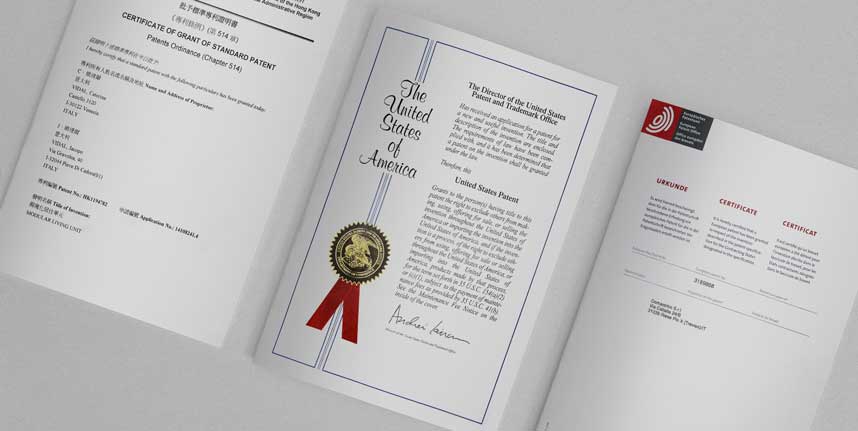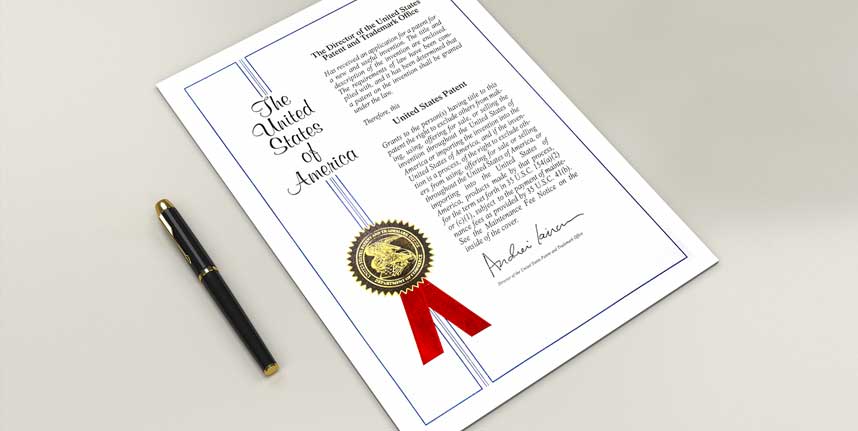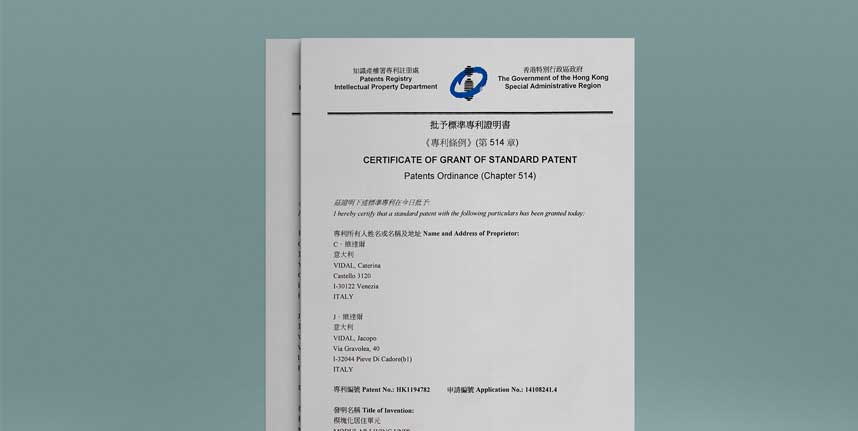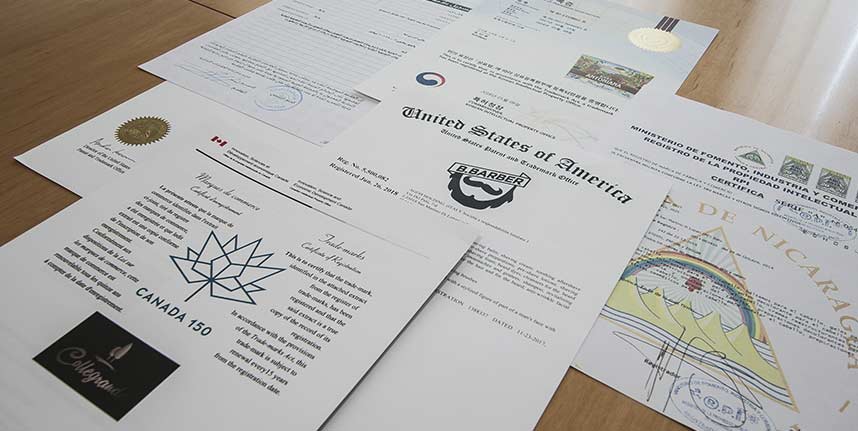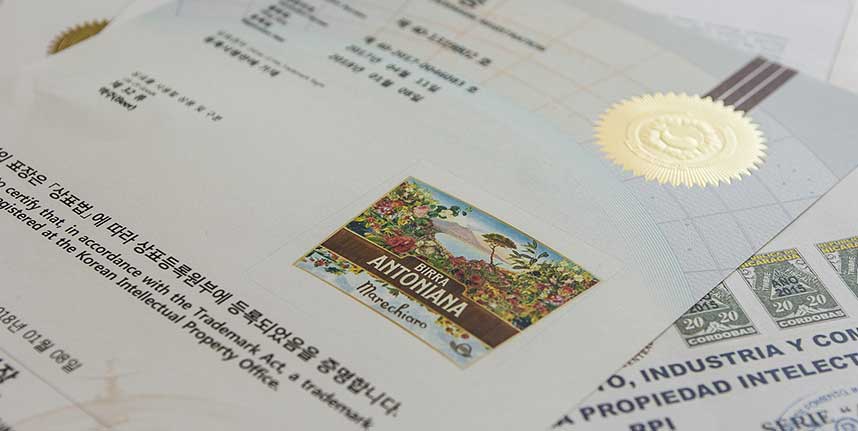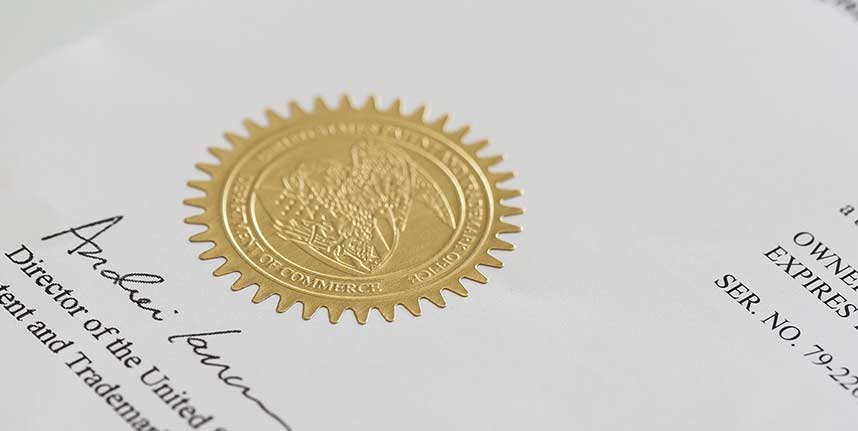A trademark or a brand is a sign that enables the public to distinguish your products or services from those of competitors.
Its main function is to provide an image of the company, guaranteeing quality and reliability, and this is why it represents a remarkable resource to be protected and valued; the best tool for this purpose is certainly registration.
According to the Industrial Property Code (Italian Legislative Decree no. 30 of 10 February 2005), all signs likely to be represented graphically may be registered as a trademark, in particular: words, including names, designs, letters, digits, sounds, the shape of the product and its packaging, color combinations or shades, provided that they are capable of distinguishing the products or services of one company from those of other companies.
It is also possible to register a so-called shape mark, but only if the mark does not consist of the natural shape of the product, necessary to obtain a technical result, or of the shape that adds a substantial value to the product.
All organizations/trade associations guaranteeing the origin and/or quality of certain products or services can apply for the registration of a so-called collective mark, which can then be granted for use to their members.
Requirements for the validity of a trademark
In order to be eligible for registration, a trademark must have the following characteristics:
- Novelty
- Distinctiveness
- Legality
With regard to novelty, Article 12 of the Industrial Property Code states that a trademark may not be registered when:
- it consists exclusively of signs which have become commonly used in everyday language or in commerce;
- it is identical or similar to a sign already known as a trademark or distinctive sign for the same category of goods or services, thereby creating a risk of confusion for the consumer;
- it is identical or similar to a sign already known as a business, company name, brand and corporate domain name, if due to the identity between protected products and/or services there is a risk of confusion for the consumer;
- it is identical to a trademark previously registered by others in the same country and for the same category of goods or services.
With regard to the distinctiveness of a mark, the Industrial Property Code specifies that signs without distinctive character, in particular those consisting exclusively of generic names of products or services or descriptive of products and services, such as the signs that are used to indicate species, quality, quantity, geographic origin, etc., cannot be registered as trademarks.
Finally, with regard to the requirement of legality, a trademark may not contain signs contrary to the law, public order and morality as wells as emblems or other signs protected by international conventions.






